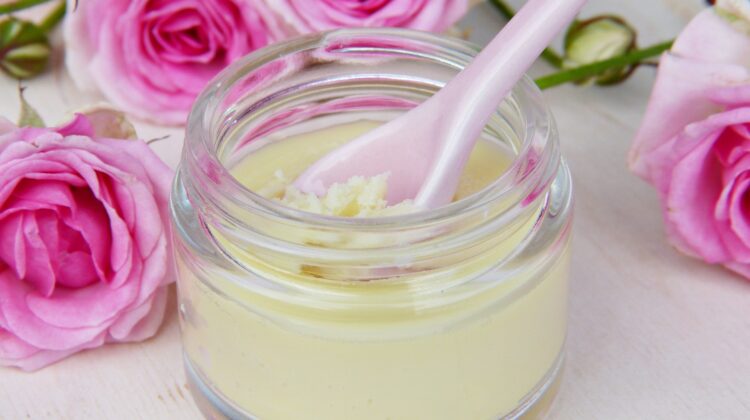
Leading dermatologist Dr Sirisha Singh shares tips to keep your skin healthy and glowing as you hit the fourth decade of your life.
What is the one thing that makes people more anxious about ageing than actual ageing? It’s the tell-tale signs of wear and tear on our skin, especially on our face. However, if you begin to look after your skin and nurture it with care and discipline, you will reap great rewards for your labours!
Having a regular skincare routine is important to protect, maintain and improve your general skin health. And as we near the age of 40, our skin starts to lose lustre due to exposure to the elements and ageing. It then becomes even more important to have a routine that can protect the skin, slow down the signs of ageing and give you a glowing complexion.
Any skincare routine should be customised based on individual needs, and there is no simple mantra that fits all skin types. Here are some broad principles for skincare which can be tweaked to your unique requirements.
Cleansing: You should clean your face at least twice a day. A suitable cleanser will clear out the dirt and impurities without being harsh on the skin. If you have dry or sensitive skin, use a mild pH-balanced cleanser, while a salicylic or lactic acid-based cleanser works well for oily skin. If you have used make-up, clean out all traces of make-up using a make-up remover or a cold-pressed oil before a second round of cleansing with a regular cleanser. After this, your skin should feel just right. If it feels too stretched, then your cleanser is harsh for your skin type.
Toning: A toner cleanses further the skin and helps close the pores. After the age of 40, using a mild rose water toner would be suitable for most people. A stronger toner should only be used by people who have oily or acne-prone skin.
Moisturising: This is one of the most important aspects of a skincare routine, and a lotion-based moisturiser is usually suitable for most people. You may use a pH-balanced moisturiser if you have sensitive or eczema-prone skin. People with dry skin may use a cream moisturiser, which is also suitable for people with normal skin during winters. A mild moisturising gel or an oil-free moisturiser may be used if you have oily or acne-prone skin. You must use a moisturiser at night to hydrate the skin overnight.
Sunscreen: When used properly, a sunscreen helps reduce damage to the skin caused by exposure to UV rays. If you have never used sunscreen, your skin has already suffered significant UV-induced damage. Many people stop using sunscreen as they continue to get tanned in spite of using sunscreen. It is important to note that sunscreen will not prevent tanning, it will slow down ageing of the skin caused due to UV exposure. By using sunscreen regularly and correctly, you can hope to have fewer and more delayed onset of the signs of ageing, such as pigmentation, fine lines and wrinkles. A sunscreen of SPF 30 or more and PA ++ or more is advisable. Apply the sunscreen 15 minutes before stepping out of the house and reapply every two hours when outdoors. Depending on your skin type, a gel, lotion or cream-based sunscreen might be best for you. If you are going swimming or will be on the beach, water-resistant sunscreens would be most appropriate.
Anti-ageing creams: Forty is a good age to start using anti-ageing creams, and creams containing retinol, tretinoin or alpha and beta hydroxy acids may be good options. Some of these creams are prescription creams and can be obtained after a consultation with a dermatologist. However, most of these tend to dry the skin, and it is best to start with a low-strength cream and gradually increase the potency of the cream. The cream should ideally be used at night for maximum efficacy. Applying anti-ageing creams between your toning and moisturising routines at night is another good way to increase the efficacy of these products. Remember that these creams should be washed off in the morning as they may sensitise the skin to UV light.
Active ingredients and serums: Many skincare creams and serums have active ingredients which can further enhance the skin or help reduce an underlying skin problem. Common ingredients that lighten pigmentation are hydroquinone, ferulic acid, azaelic acid, niacinamide, curcumin, etc. Some serums contain vitamins like vitamin C, vitamin A or vitamin E to slow down the ageing process of the skin, and serums that contain AHA or BHA may be used for chemical exfoliation. Serums that contain hyaluronic acid are great for hydration, and a dermatologist can help you add these to your daily regime in the appropriate concentration and for use at the right time.
Skin treatments: You can also start using anti-ageing skin treatments once you get to 40. For those who have never experimented with any skin treatment, start with simple glycolic acid peels or laser toning on a monthly basis. These are generally mild treatments that could slow down ageing of the skin and benefit you in the long term. For more advanced skin treatments, ensure you follow the advice of your dermatologist.

Dr Sirisha Singh is a Delhi-based dermatologist. She has worked in leading hospitals in Delhi and the UK






Great advice from an expert
Thank you. Dr Dinyar is indeed a mine of wisdom.